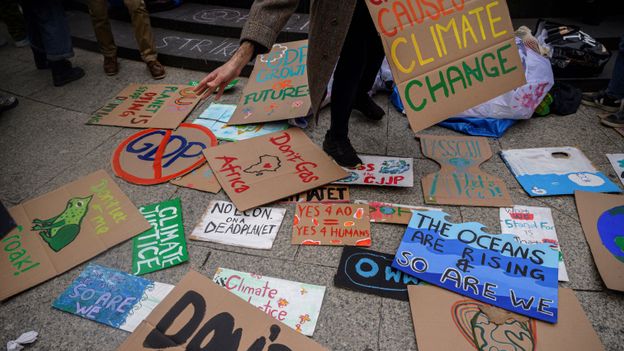Climate Litigation: Shaping Narratives and Driving Change
Climate litigation, even when unsuccessful, is shaping narratives around climate action and encouraging decision-makers to change their approach, according to a report by the LSE. The report highlighted cases where unsuccessful litigation still had a positive impact on climate action.
For example, teenager Anjali Sharma’s failed attempt to establish a legal duty of care for young people from climate change in Australia led to independent senator David Pocock introducing a bill that would require governments to consider the wellbeing of current and future children in decisions contributing to climate change.
Experts believe that climate litigation helps raise awareness about the climate crisis and boosts civil society. A YouGov poll found strong public support for a lawsuit brought by young Portuguese people against 32 governments, even though the case was unsuccessful. However, another human rights climate case brought by a group of older Swiss women was successful.
In Ireland, the Irish Climate Case gathered over 12,000 signatures before winning at the Supreme Court in 2020. The final judgment mobilized climate activists in Ireland and legitimized their demands.
Litigation is seen as a powerful storytelling tool that can communicate the climate crisis and its underlying causes more effectively than science alone. Successful litigation against governments has also paved the way for lawsuits against corporations, such as the case brought by Dutch NGO Milieudefensie against Shell, which resulted in a court ruling requiring Shell to cut its CO2 emissions by 45%.
The success of the Shell case inspired other lawsuits against corporations, including Italian oil major Eni and Swiss cement producer Holcim. Claims against marketing greenwash have also been effective in making tangible changes, such as European dairy company Arla Foods being banned from using misleading climate claims in its marketing.
Campaigners aim to hold polluters accountable and shift wider corporate behavior through litigation. The threat of legal action has prompted multinational corporations to publish ambitious climate plans, as seen with Dutch retailer Ahold Delhaize increasing its corporate target to cut CO2 emissions.
Financial institutions are also taking climate litigation seriously, with the European Central Bank acknowledging it as a major source of risk that needs to be addressed. French bank BNP Paribas announced it would stop funding new gas projects following a lawsuit against the bank for financing fossil fuels.
Overall, climate litigation is seen as a key driver of corporate climate risk management and has the potential to bring about significant changes in corporate behavior and decision-making.


